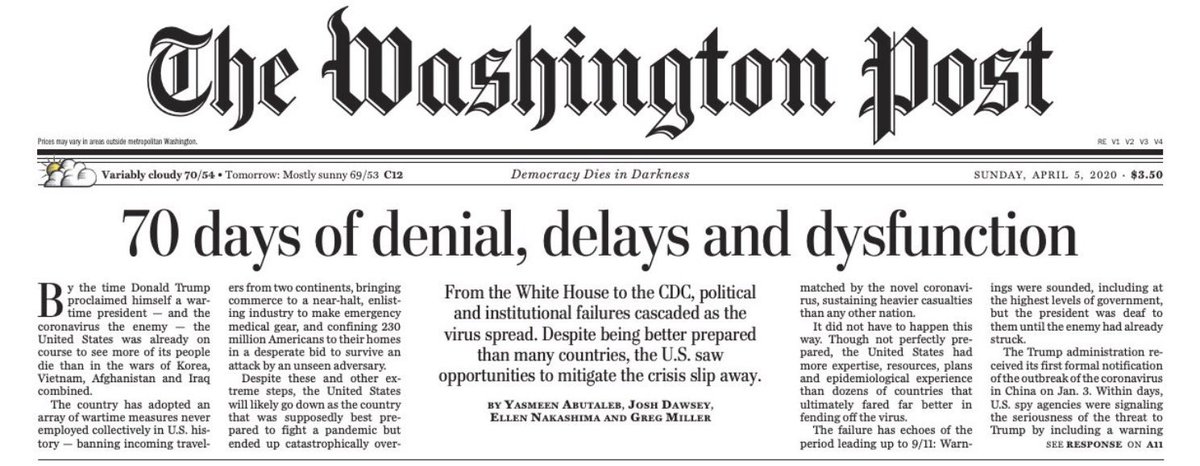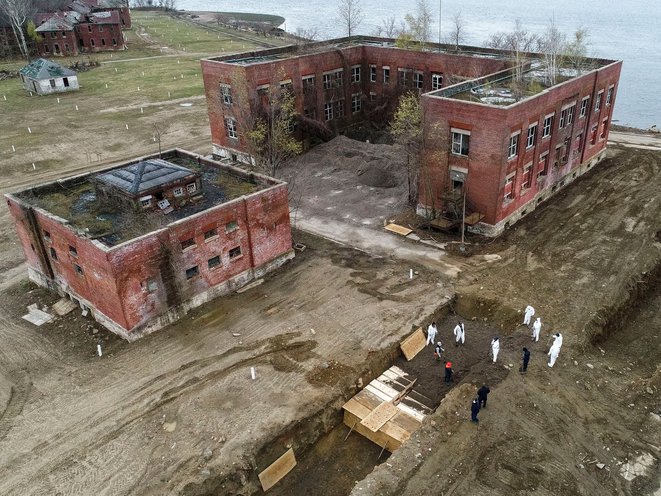U.S. companies criticized for cutting jobs rather than investor payouts
U.S. companies laying off workers in response to the coronavirus pandemic but still paying dividends and buying back shares are drawing criticism from labor unions, pension fund advisers, lawmakers and corporate governance experts.
While most U.S. companies are scaling back payouts after a decade in which the amount of money paid to investors through buybacks and dividends more than tripled, some are maintaining their policies despite the economic pain.
Royal Caribbean Cruises Ltd (RCL.N), Halliburton Co (HAL.N), General Motors Co (GM.N) and McDonald’s Corp (MCD.N) have all laid off staff, cut their hours, or slashed salaries while maintaining payouts, according to a Reuters review of regulatory filings, company announcements and company officials.
https://www.reuters.com/article/us-health-coronavirus-corporatelayoffs-a/u-s-companies-criticized-for-cutting-jobs-rather-than-investor-payouts-idUSKBN21Q24Z





